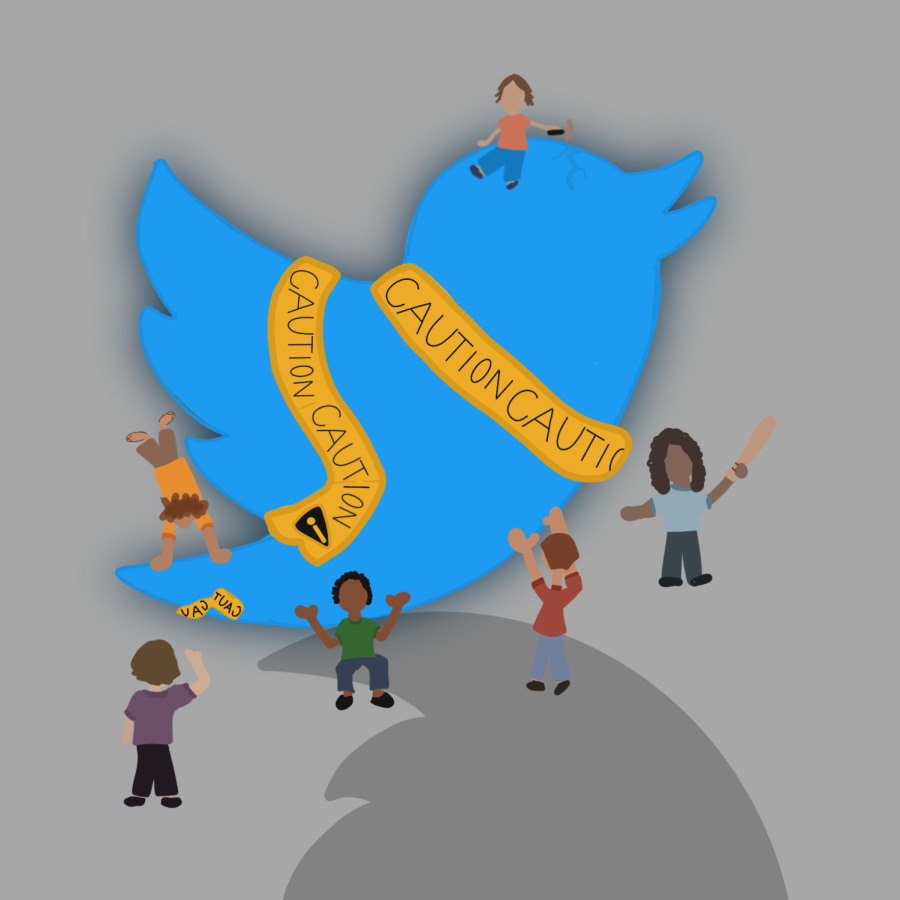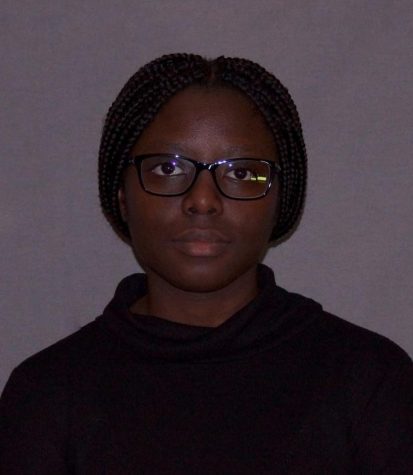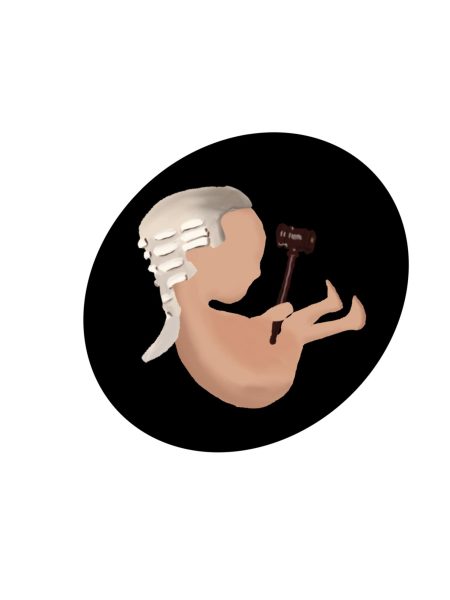The price of our humanity
September 20, 2022
What does the world lack? There are many answers to this question, but here is one: empathy. Now more than ever, dehumanization — the act of depriving a person or group of positive human qualities such as dignity — has become normalized, partially thanks to social media.
Platforms like Twitter and Facebook provide online anonymity, which has empowered some to abuse this luxury.
Recently, the rapper PnB Rock was murdered while eating at a restaurant. Instead of trying to save his life, an unidentified person deliberately pulled out their phone and recorded PnB Rock bleeding to death. The video began to spread throughout social media within hours. Unfortunately, this incident is just another part of a disturbing trend: disrespect of the deceased, especially in the case of famous people.
Death is inevitable. We will never be able to escape this fact; however, we can choose how we act towards the recently deceased. Generally, the dead are treated with common decency, but this often changes when the person who dies is well-known. Kobe Bryant’s death exemplifies this.
The crash that claimed the lives of Bryant, his daughter and seven others was the center of a court case over crash photos taken by investigators. Vanessa Bryant and Christopher Chester sued the Los Angeles County Sheriff’s department and the Los Angeles County Fire department over negligence and invasion of privacy over the photos of human remains taken and shared by first responders. After days of testimony, it was revealed that multiple officials shared these photos during numerous instances: during a video game, an awards ceremony’s cocktail hour, in a bar, Airdrop and more. One deputy even admitted to sharing crash photos with someone who he believed to be a fire supervisor, even though he did not know who the person was. Vanessa Bryant and Chester, both of whom lost their spouses and daughters in the crash, live in constant fear of those photos being released to the public.
The defense tried to lessen the impact of the photos by suggesting Chester did not actively seek therapy after the incident and that the photos have not appeared online.
“Doesn’t mean I don’t have my dark moments while alone in the car or in the shower,” Chester responded.
As a result of their celebrity status, they are treated differently. They are adored and recognized by their fans, but that recognition can also be dehumanizing. There is no privacy as their every move is photographed and broadcast to everyone, leaving them vulnerable. With paparazzi and rabid fans constantly violating their boundaries, celebrities are subjected to continual periods of scrutiny, stalking, harassment and even death hoaxes. Consequently, even in death, there is no escape from public scrutiny.
Additionally, Queen Elizabeth II’s death garnered many reactions ranging from condolences to vitriol.
Some like Uju Anya viewed the queen’s death as a positive. Anya, a professor at Carnegie Mellon University in Pennsylvania, tweeted “I heard the chief monarch of a thieving raping genocidal empire is finally dying. May her pain be excruciating.”
It is not hard to see where Anya’s anger originates from as the British monarchy benefited from centuries of imperialism. Diamonds such as the Kohinoor diamond and The Great Star of Africa encrusted into the Imperial State Crown were taken from countries like India and South Africa. Many people regard these jewels as stolen gems and a constant reminder of British colonialism. These things should be acknowledged; however, that does not mean we should wish death upon others. Words have power. Those words posted by Uju Anya dehumanize Queen Elizabeth II, only serving to represent her as a tyrant. The legacy of the queen is full of both positives and negatives that should be addressed, but not at the price of our humanity.













